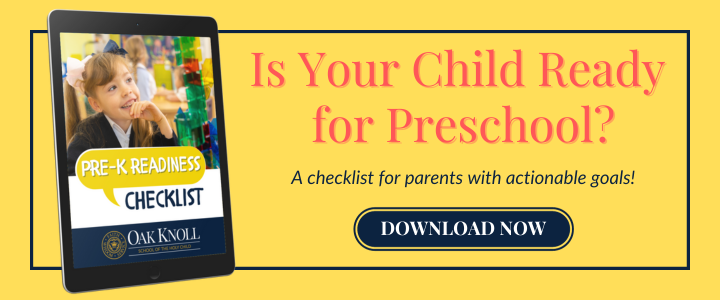Although the days are long, the years are short. Childhood flies on by just when you least expect it. So, while it may seem like your days are on a giant, monotonous loop while you’re raising your children, one way to break up the same old routine of play, eat and nap is to find time to get your child out of the house to socialize!
Babies and toddlers can reap huge benefits from regular socialization with other caregivers than their parents as well as from siblings or children their age. There are also several benefits to be had from early socialization include the following:
Learn to Navigate New Environments
During the first few years of a young child’s life, their entire world revolves around their parents, caregivers, and siblings. Some children are home with their parents or relatives while others may be in a daycare setting. There may even be a combination of both. Depending on the setting, young children begin to navigate their environments. Babies begin to pick up on social cues of the adults caring for them and most participate in “parallel play,” or playing side-by-side with similar toys or activities, perhaps before they even begin to “play nice in the sandbox” and interact with other children. This is one of the important first stages babies need because it helps them to learn to play together as they near preschool and kindergarten.
Getting Used to Language
By setting up some playdates outside your child’s day-to-day interactions, young children will also be exposed to new voices, sounds, and overall language. Exposure to a wide variety of words in the early childhood years has many long-lasting effects on a child’s developing mind. In social settings, young children listen to other adult conversations just as much as they listen to each other. Through early socialization, children begin to recognize when their peers are sad, mad, or happy, and they will begin to practice these skills at home with their family or even pets. They also begin to learn empathy, an essential building block as children grow.
Adaptability
Ask any parent of a toddler, and many will tell you about the tantrums toddlers are capable of during transitions. As adults, we adapt easily when we move from one task to another. However, asking a young child under the age of 5 to clean up their lunch and get dressed may evoke tears and screams. Experts agree that you should be verbal and expose your young child to several transitions from a young age, therefore smoothing out the tantrums as they grow. There are several ways adults can walk their young children through the many transitions they face each day.
Building Self-Confidence
Believe it or not, babies are born with a natural ability to connect with others. Children under the age of 2 establish emotional connections with others. While they "parallel play," children don’t interact frequently, or intentionally as older children do. However, between the ages of 2 and 3, children begin to start to notice each other. Once they begin to take notice of how other children talk and play, young children start to learn how to build trust with their peers. As children start to build trust with a variety of different people (caregivers, friends, siblings, etc.) they learn how to be helpers and grow into becoming responsive and caring individuals.
Socializing your young child and walking them through different stages of interaction are important building blocks ahead of enrolling them in a preschool or kindergarten program. Over the past year, while many of us were separated from others due to COVID restrictions, it’s now more important than ever to expose young children to social settings with other adults and children. Consider hitting the park, hosting home playdates outside, attending library events (if they are open), or child-care settings. The more your children become exposed to others, the better they are prepared to handle group settings as they reach the school years. Now, go be social!








Comments
No comments yet. Leave yours below!